- In medicine, unlike say, in food delivery to your door, the tech ethos of moving fast and breaking things carries real and significant risk. AI is moving faster and faster with processing and storage capability (Moore’s law).
- We know that AI doesn’t take the Hippocratic Oath after years in medical school. It’s us physicians who do. WE are the ones responsible for where this goes.
- And as such, we have to consistently and relentlessly advocate for appropriate safeguards that protect our patient from harm and unintended consequences.
- AI as included in position papers by the American Academy of Dermatology (AAD):
- must be internally validated and evaluated
- its methodology and results be made transparent,
- the output should be reproducible across clinical platforms.
- labelling for its intended use should be stated including any case restrictions.
- explainability should be sought: to gain transparency into the process of how AI algorithms reach their conclusions. Nevertheless it’s a difficult concept and capability to fully determine the inner workings of AI algorithms,
- it should endeavor to improve outcomes that are important and impactful to patients, clinicians, and other health stakeholders, and efforts should be made to measure these outcomes. We see that rigorous clinical evaluation dictates that prospective clinical trials with relevant clinical endpoints should be used and performed in order to validate the technology on patient care.
- All in all effectiveness and safety should be demonstrated BEFORE the technology should be distributed for clinical decision-making. To this end, recent guidelines (2020) that have been published in Nature Medicine, and these are reporting guidelines for reporting monitoring of AI solutions implemented in the clinical trial setting. These are the CONSORT-AI and SPIRIT-AI guidelines that will help us evaluate the model deployment in a structured way.
- These international guidelines will enable patients, healthcare professionals, policy makers to be more confident of whether AI interventions are safe and effective, and thus to tame this monster is key step to trust AI in health solutions.
Justin Ko, MD. AAD Position Statement on Augmented Intelligence. Fusing technology with human Expertise to enhance Dermatological Care. 8th World Congress of Teledermatology, Skin Imaging and AI in Skin diseases – November 2020







